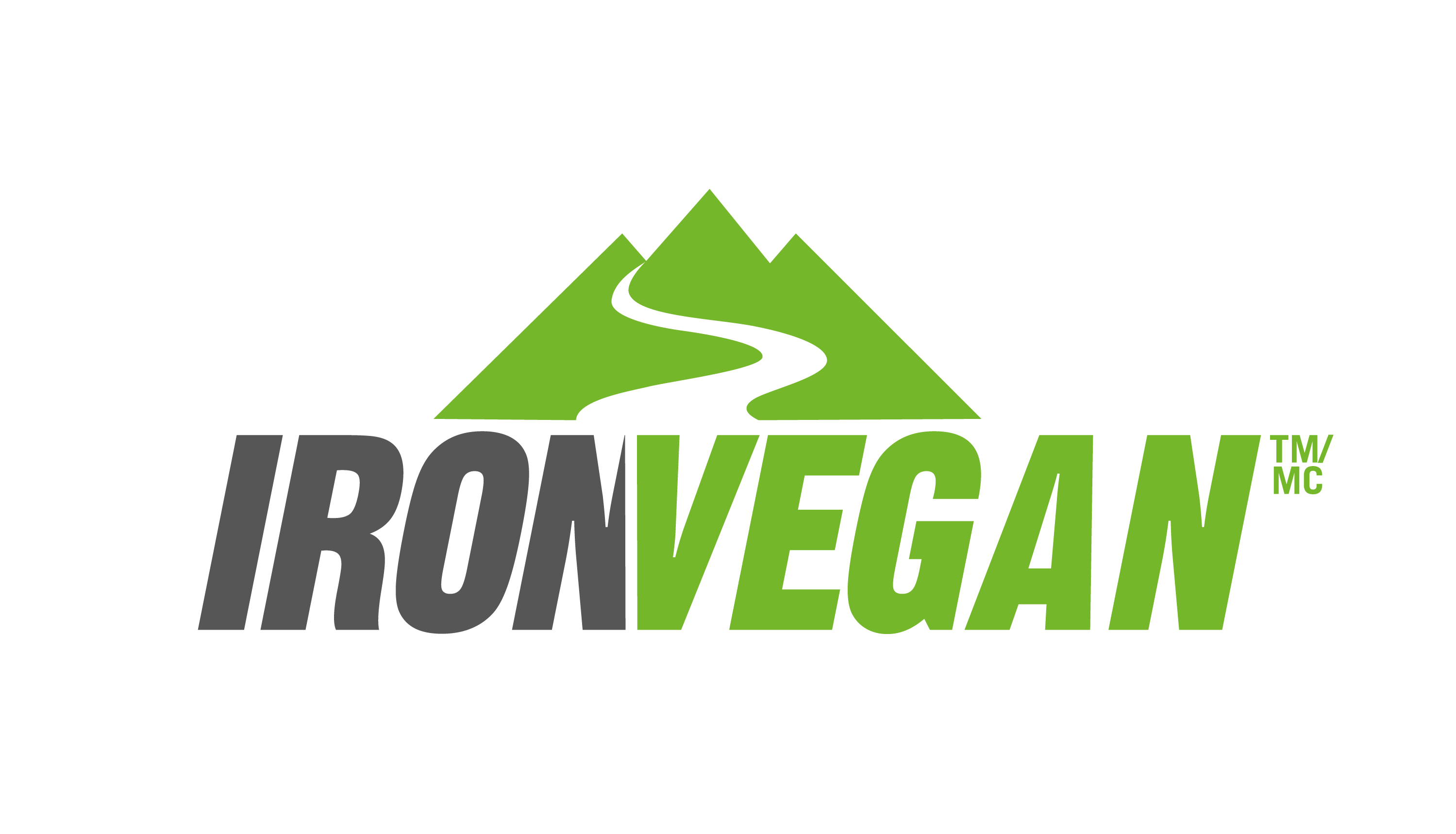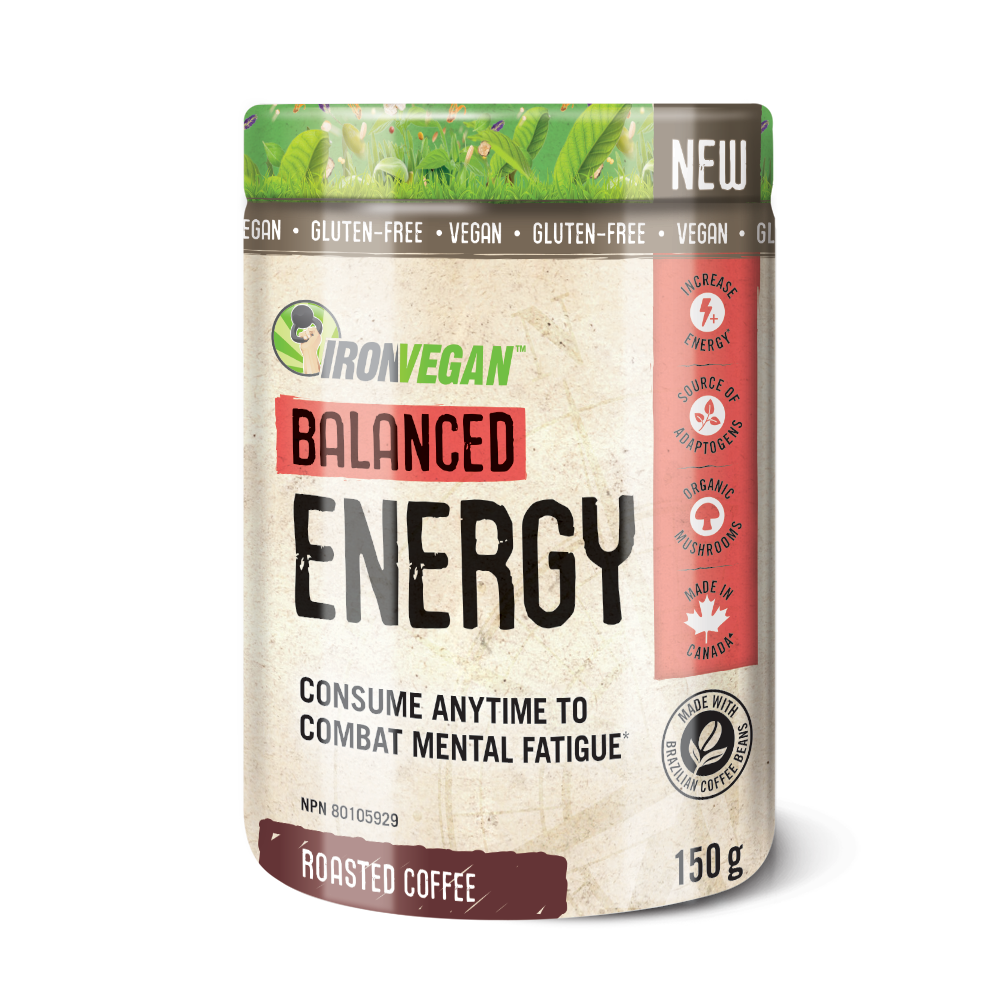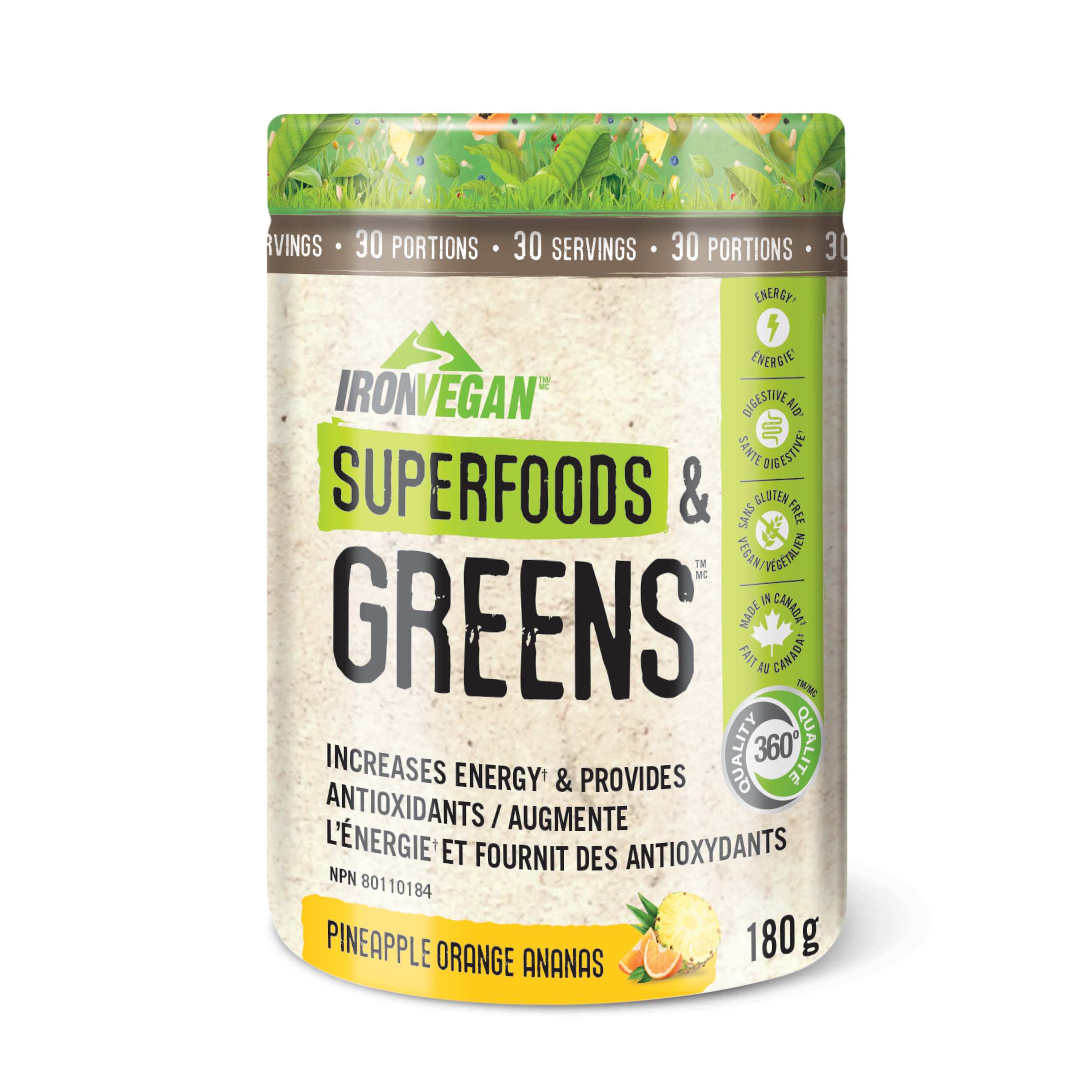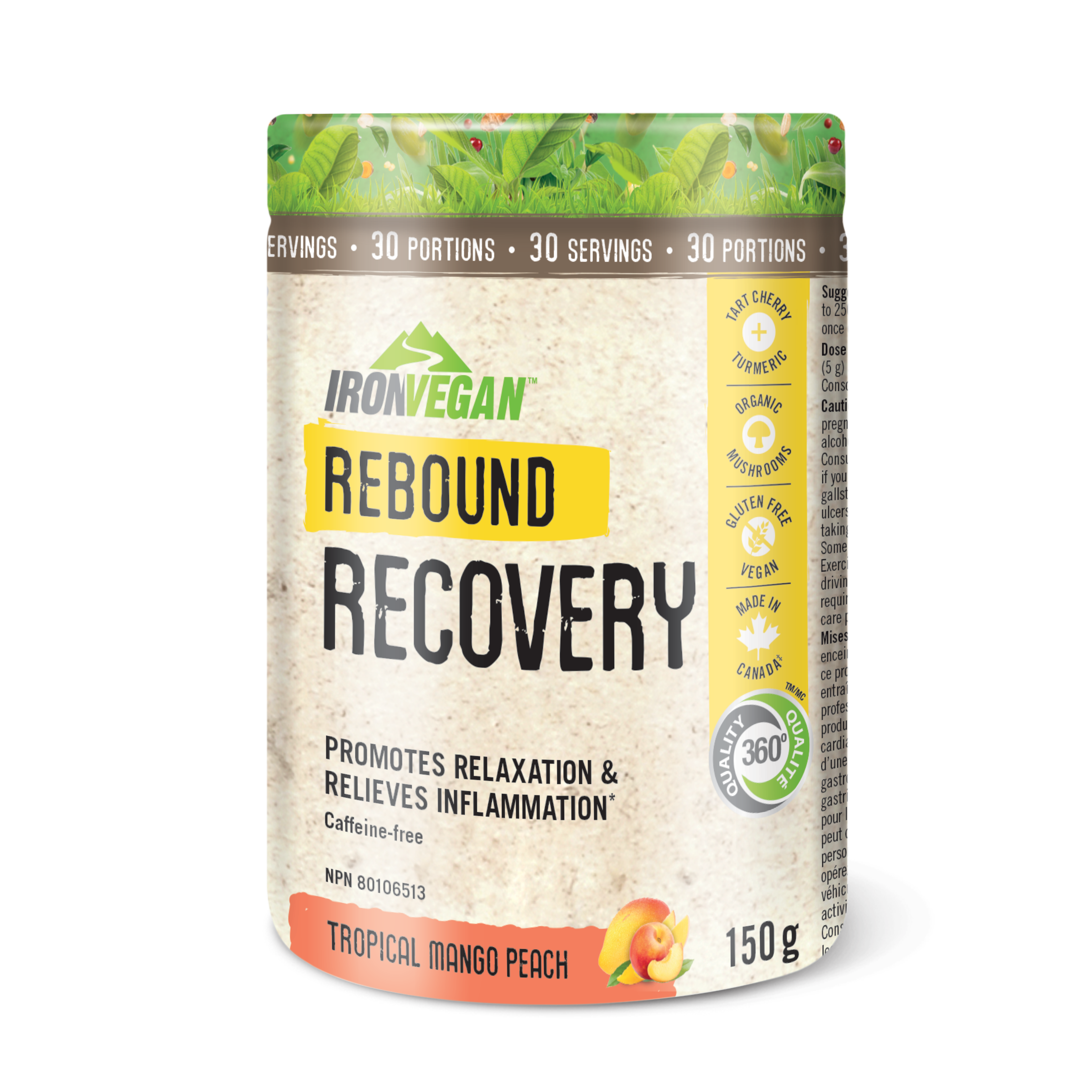Written by Iron Vegan
There has been a huge shift towards plant-based eating, with a growing number of people choosing to incorporate more plants into their diet and looking for plant-based alternatives. From increased energy and improved performance, to animal welfare and environmental concerns, this way of eating is on the rise. While the reasons may vary, one thing is for sure: there are several major benefits to moving towards plant-based nutrition. Adopting a plant-forward approach to eating is one of the most powerful steps one can take towards improving their overall health. Just about anyone can stand to benefit from eating more fruits and vegetables! For those just starting out though, it can be confusing to process all the information about what to eat vs. what not to eat, and all the classifications of this dietary pattern. Let’s start with the basics, by defining some of the most common types of plant-based eating.
Defining Plant-Based Eating
There are several variations of the definition, depending on which foods are chosen to be consumed vs avoided.
Flexitarian: a style of eating that, although not plant-based, encourages mostly plant-based foods while allowing some meat and other animal products in moderation. This is a great starting point for those considering or transitioning to more plant-based eating.
Vegetarian - sub-types as follows:
- Lacto-vegetarian: this diet does not contain red or white meat, fish, fowl, or eggs. However, lacto-vegetarians do consume dairy products such as cheese, milk, and yogurt.
- Ovo-vegetarian: this diet does not contain any meat, fish, fowl, or dairy products; however, in addition to mostly plant foods, egg products are consumed.
- Lacto-ovo vegetarian: this diet does not contain red or white meat, fish, or fowl; however, in addition to plant foods, dairy and egg products are consumed. This is the most common type of vegetarian.
- Pescatarian: this diet does not contain red or white meat, fowl, dairy, or eggs; however, in addition to mostly plant-foods, fish and aquatic animals are consumed.
Junk-Food Vegan: a vegan diet lacking in whole plant foods, relying heavily on mock meats and cheeses, fries, vegan desserts, and other heavily processed animal-free foods.
Vegan: a vegan diet is devoid of all animal products, including meat, fish, fowl, eggs, and dairy; as well as animal by-products, like honey, beeswax, bone broth and gelatin. Vegans typically do not use animal products such as silk, leather, and wool. Veganism can also be defined as a way of living that excludes all forms of animal exploitation, whether for food, clothing, entertainment, or any other purpose.
Whole-Food Plant-Based: whole-food describes natural foods that are not heavily processed, i.e., whole, unrefined, or minimally refined ingredients. Plant-based refers to food that comes from plants and does not include any animal ingredients. So, putting it all together, a whole-food plant-based diet focuses on natural minimally processed plant foods.
*Note on the word “diet” – here we refer to it as a way of eating/the kinds of foods habitually consumed, not a calorie restricted program intended for weight loss*
As you can see, there are many ways to approach plant-based eating, and it’s up to you to make the dietary choices that best fit your lifestyle and values. Consider your health and fitness goals when deciding what to consume versus what to avoid. Just remember that there is no one size fits all kind-of-diet. There is also no need to label yourself or completely change your eating habits overnight. What matters most is awareness and taking responsibility to move in the right direction. The best advice we can give is that if you desire to move in the direction of eating more plants, simply start! Start small and over time make changes bit by bit, meal by meal, week by week, month by month. Your confidence will grow, and you will ultimately find a pattern that works for you.
What drives one’s decision to eat more plant foods or adopt a plant-based lifestyle?
Food plays such an integral part in our lives. It helps to shape our human experience. and our choices surrounding food can either contribute or detract from optimal health. Dietary patterns and choices may be influenced by many factors, but ultimately, if the reasoning is aligned with one’s values, adhering to this way of eating will be effortless and meaningful. Below are some of the main reasons why people choose to adopt a plant-forward approach to eating and living:
- Improved health: the effect of what we eat on our bodies is incredible. We literally are what we eat, but most importantly what we absorb. There are numerous health benefits associated with an eating pattern focused around plants, such as increased energy and reduced inflammation.
- Athletic performance: athletes, adventurers and weekend warriors alike are turning to plant-powered meals and health supplements to enhance their fitness, performance, and results – specifically when it comes to muscle maintenance and gains, recovery, and energy.
- Belief system (animal ethics): lifestyle choice that matches personal values.
- Environmental concerns: food choices have a huge impact on our environment. Consuming fewer animal products lessens one’s impact on the planet by reducing their carbon footprint. It results in fewer gas emissions, water consumption, land usage and pollution due to animal agriculture.
- Allergies/sensitivities: eliminating certain animal products or by-products due to allergic reactions, sensitivities, and discomfort of digestion – the most common food items that cause intolerances being dairy-based.
- Convenient on-the-go options: we can find a plethora of plant-based options when it comes to meals on-the-go, including nutrition bars, protein shakes/smoothies, fresh premade meals, etc. that eating this way has become more convenient and easier.
- Trends & media influence: with a huge surge of media personalities and influencers dabbling in or adopting a plant-based lifestyle, their actions have a powerful ripple effect and can certainly inspire their audiences to follow suit.








